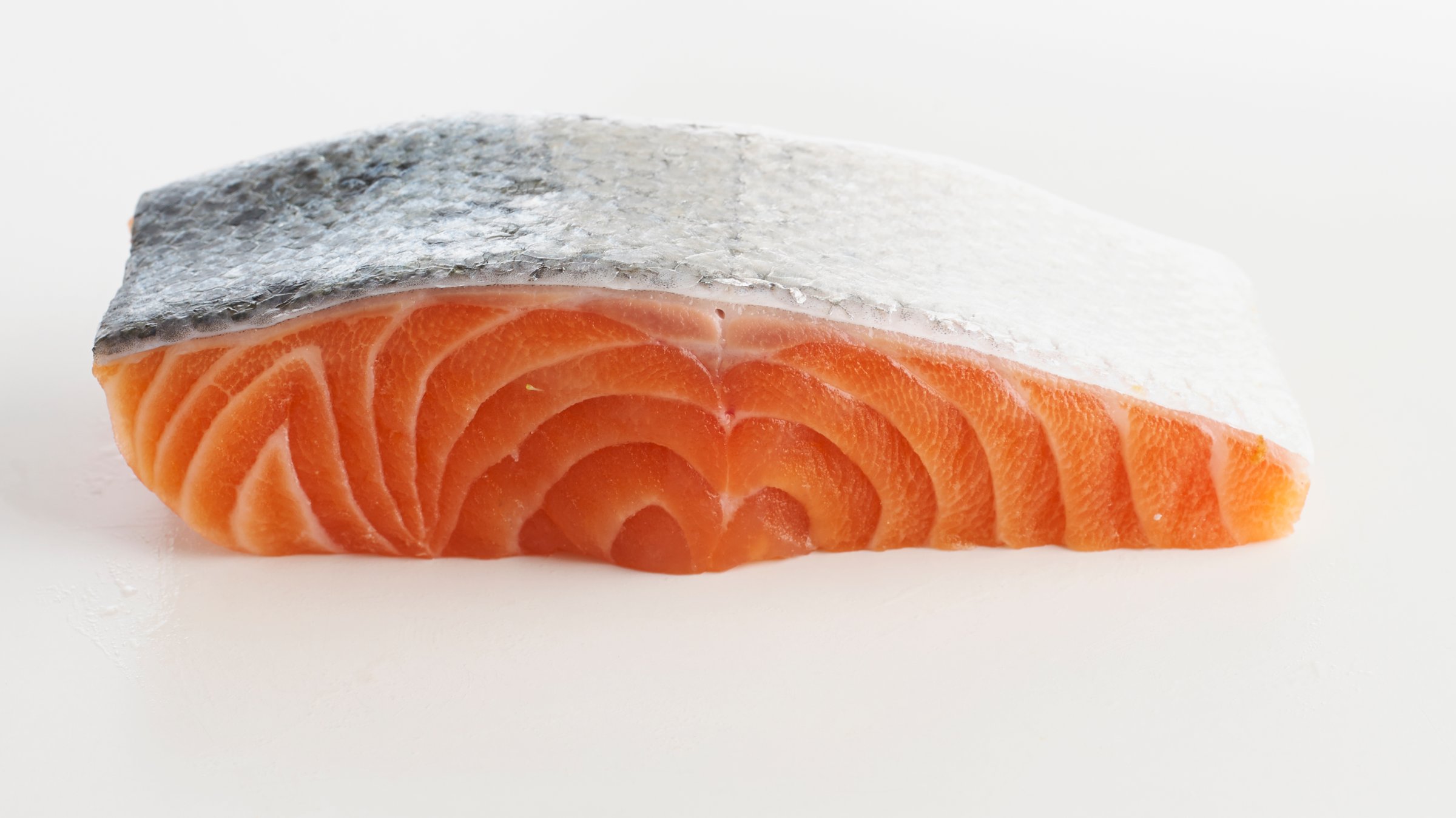
Research shows seafood can protect the heart and brain—but it can also contain the heavy metal mercury, which can be especially toxic to brain neurons. Studies trying to answer the question of whether the harm from mercury in seafood outweighs the benefits of eating the fish have had conflicting results. A unique new study in JAMA gets closer to an answer.
Martha Clare Morris, professor of epidemiology at Rush University Medical Center, and her colleagues wanted to see how much mercury accumulates in the brain of fish eaters and whether those metal levels have any connection to Alzheimer’s features like protein plaques and tangles, which can affect memory and thinking functions like reasoning and organization.
MORE: How to Eat All the Fish You Want, Minus the Mercury Danger
Morris took advantage of a unique database of nearly 300 people who filled out regular diet questionnaires and agreed to donate their brains to research upon their death. The autopsy analysis allowed Morris to measure levels of mercury in the brains as well as the presence of Alzheimer’s plaques and tangles.
Reporting in JAMA, she found that people who ate seafood at least once a week showed higher levels of mercury in the brain than those who ate less. But for people with a genetic risk factors for Alzheimer’s, called ApoE4, eating more fish also showed lower amounts of harmful proteins in their brain.
Up to 30% of people in the general population have at least one copy of the ApoE4 variant, which puts them at increased risk of developing Alzheimer’s compared to people who don’t have the variant. That may be why Morris only saw a strong effect in those who had ApoE4, since they likely had more protein buildup to begin with. In the study, 22.7% of the older people who participated had at least one copy of ApoE4.
MORE: To Prevent Alzheimer’s, Diet and Exercise Are Effective, Large Study Shows
Morris says that people without the genetic variant could still benefit from seafood — it’s just that people without the variant might have too little Alzheimer’s proteins in their brains for the study to pick up any effect.
While the findings don’t mean that anyone should rely on seafood to protect them from Alzheimer’s, they do provide reassurance that while seafood is associated with higher brain levels of mercury, those amounts don’t seem to be linked to a higher risk of developing features of Alzheimer’s, at least in this study.
“The take-home message,” says Morris, “is that the concern about eating seafood because of mercury should be allayed somewhat by this study since we didn’t see any evidence that increased levels of mercury in the brain is causing brain pathologies.”
More Must-Reads From TIME
- The 100 Most Influential People of 2024
- The Revolution of Yulia Navalnaya
- 6 Compliments That Land Every Time
- What's the Deal With the Bitcoin Halving?
- If You're Dating Right Now , You're Brave: Column
- The AI That Could Heal a Divided Internet
- Fallout Is a Brilliant Model for the Future of Video Game Adaptations
- Want Weekly Recs on What to Watch, Read, and More? Sign Up for Worth Your Time
Contact us at letters@time.com